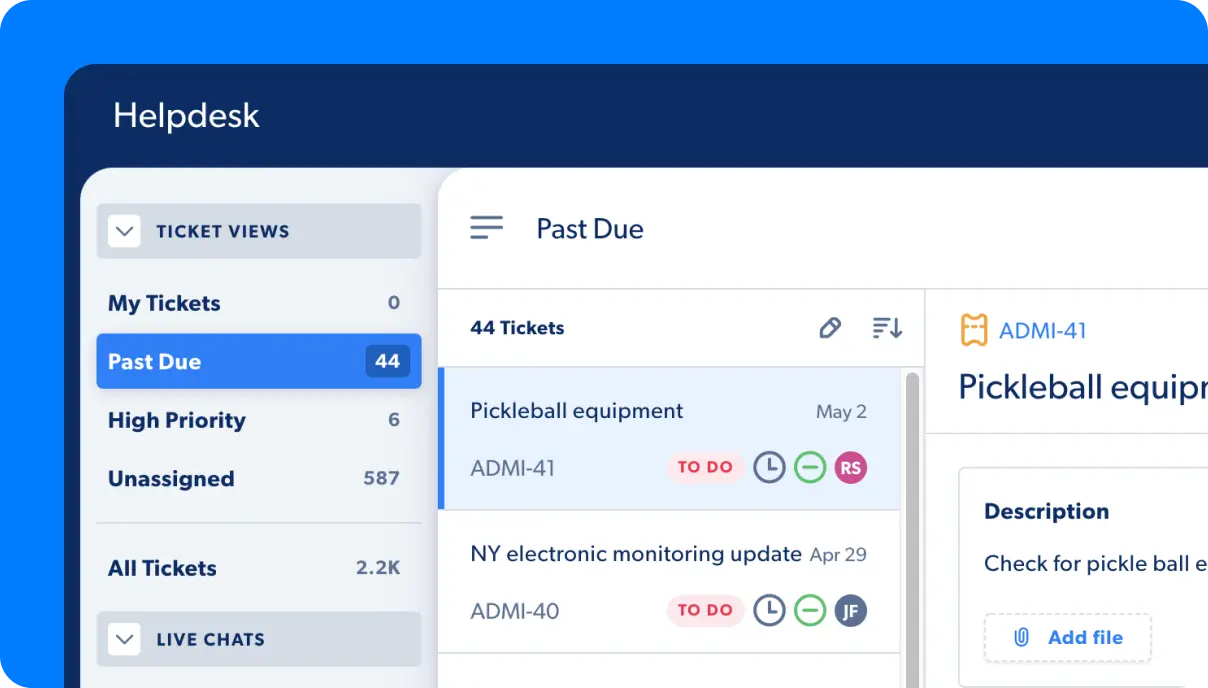It’s easy to get overwhelmed when tasks and projects start piling up. Whether it’s the start of a new quarter or the end of a project, everyone can improve their time management skills.
Business leaders spend about 72% of their work week in meetings, leaving little time for any other objectives. Due to this, business leaders need to strategically plan out the rest of their time.
We’ve compiled a list of 5 tips you can use to improve your time management:
1. Build a schedule – and stick with it
Keeping an organized schedule is key to effective time management. Everyone can create a schedule and feel good about it, but the important part is to actually follow it.
Set blocks of time for ‘focus time’, where you spend 30-60 minutes on your most important tasks of the day. Scheduling this time on your calendar will help keep you organized to ensure you accomplish your goals.
Try scheduling time for each and every goal or task you have. Even if it’s just 15 minutes, putting time on your calendar will visually help you set up your day.
2. Unplug and turn notifications off
We all know this tip – much easier said than done! To improve your time management, reducing the amount of distractions in your workplace is vital. Send a message to your team, and let them know you will be unavailable for x amount of time. Set your Slack or Microsoft Teams status to away or do not disturb to let others know you will be unavailable.
This small adjustment can have a huge impact on your time management skills, and can be done every day or week for optimal productivity.
3. Embrace technology solutions to automate repetitive tasks and questions
One thing you can do to clear up your schedule to help improve your time management is to implement support and process automation solutions in your business.
Automate monotonous processes and tasks with low-code workflows to increase your productivity. Support automation platforms like Capacity empower you and your employees with access to information via a user-friendly knowledge base, suite of app integrations, and conversational interface.
Save time by letting conversational AI handle internal and external questions from employees and customers. For example, instead of a team member asking you when the company holidays are, they could ask a chatbot instead.
4. Start tracking your time
In addition to creating more time on your calendar, try tracking your time on different tasks and projects to see how long each takes to complete. You may find that some tasks take longer than others, so you can plan your schedule accordingly.
You can also limit your time on certain tasks by tracking. For example, give yourself 45 minutes everyday to answer emails.
5. Learn to delegate and when to say no
A simple, yet sometimes extremely difficult task. Delegation is an important skill to master, and could make or break your time management process. Lean on your team when your days become a little hectic.
Similarly, set boundaries and realize when your time is limited. Keep an open line of communication with your team and don’t overload your schedule if you are already booked.
How Capacity can help elevate your time management skills
Your time is valuable – we get it! That’s why Capacity is designed to automate repetitive tasks and processes, so you can spend more time on more important tasks and building professional relationships.
Capacity is on a mission to help teams do their best work, and to save you time! Instead of employees wasting time on frequently asked questions and repetitive tasks, they should spend their time on strategic work, escalations that require human thinking, and tasks that can’t be automated.








































